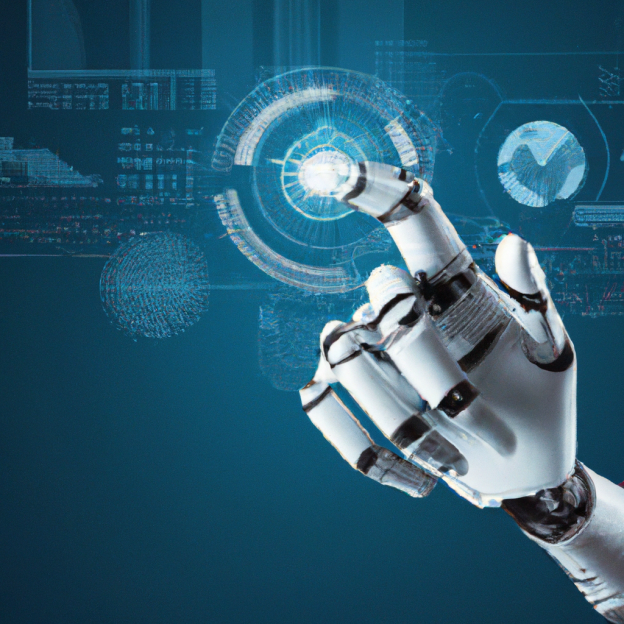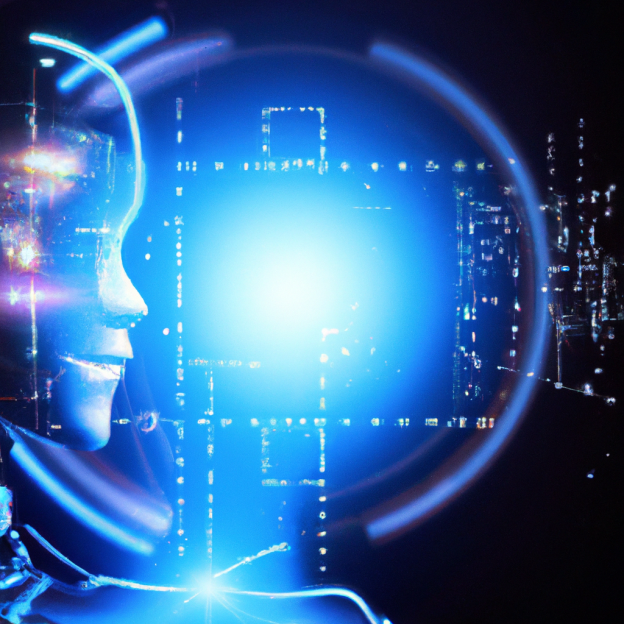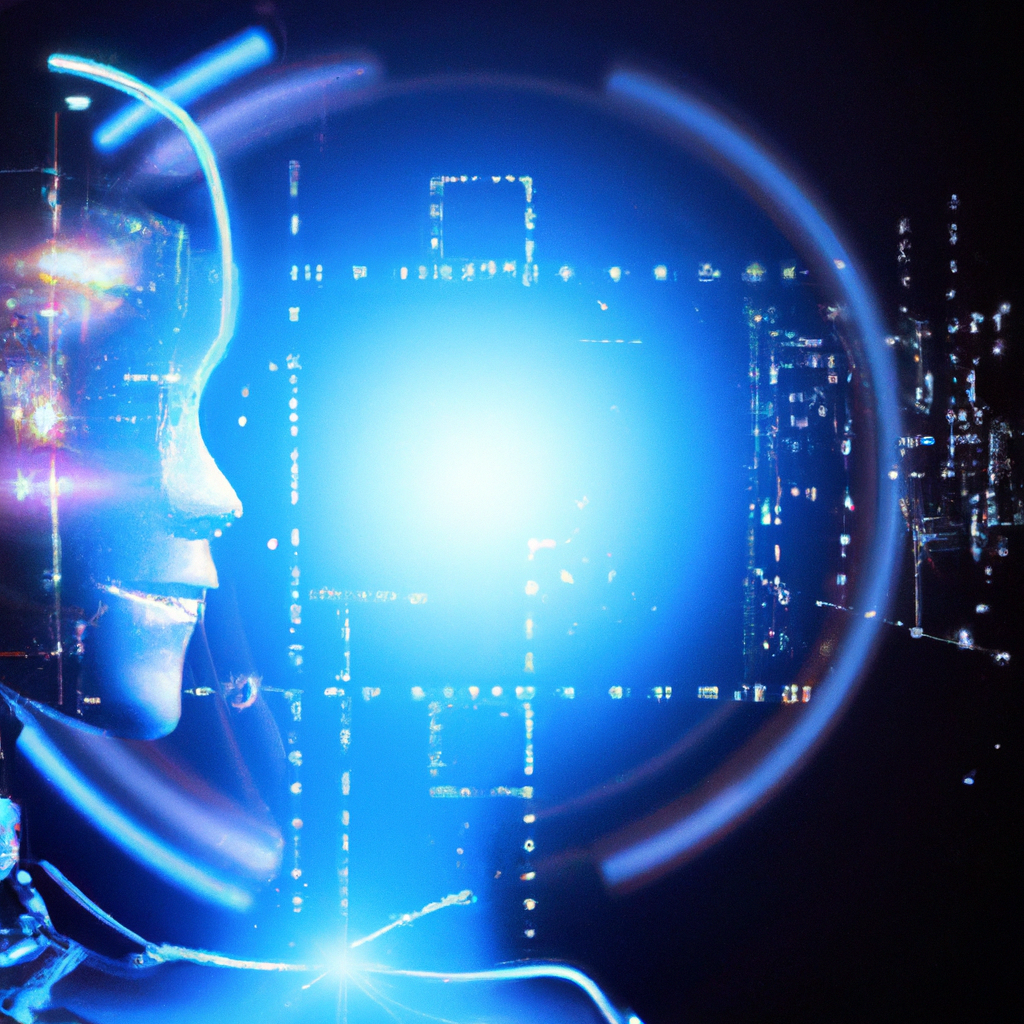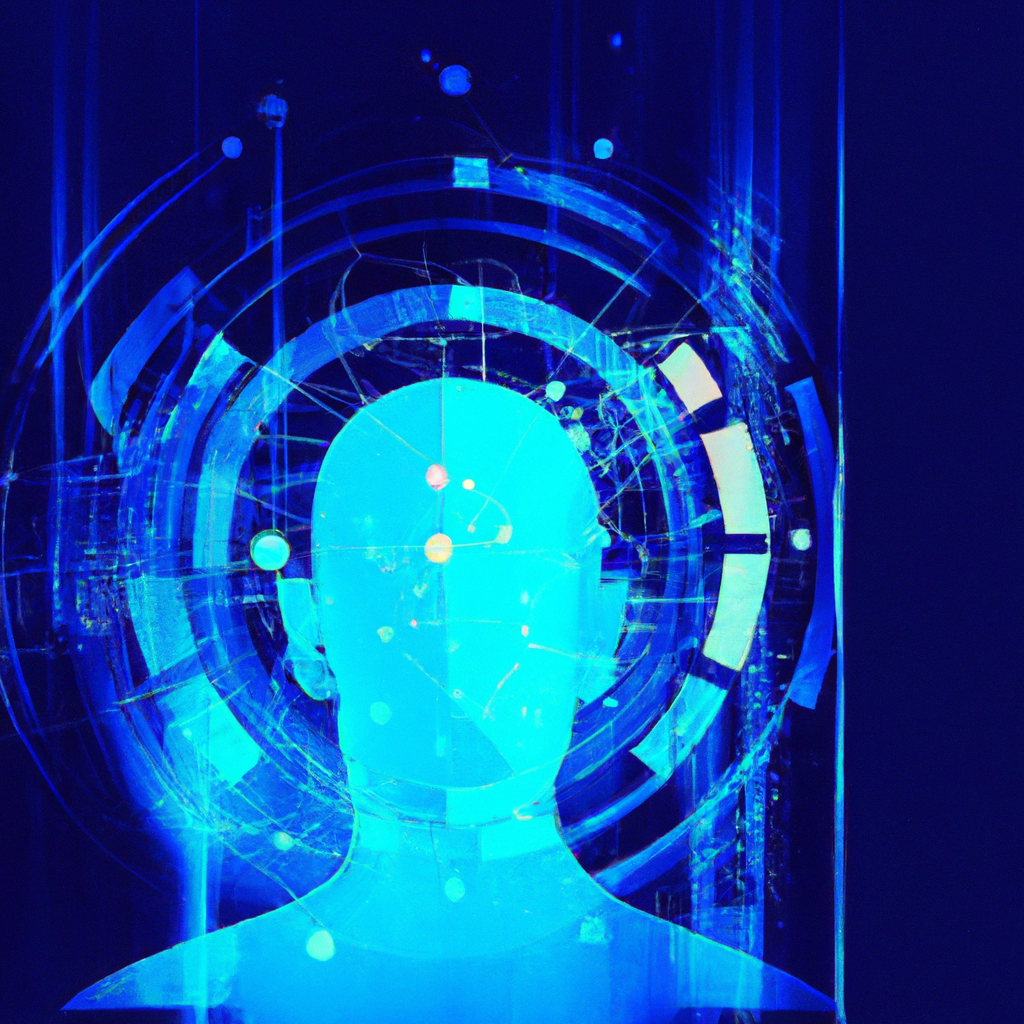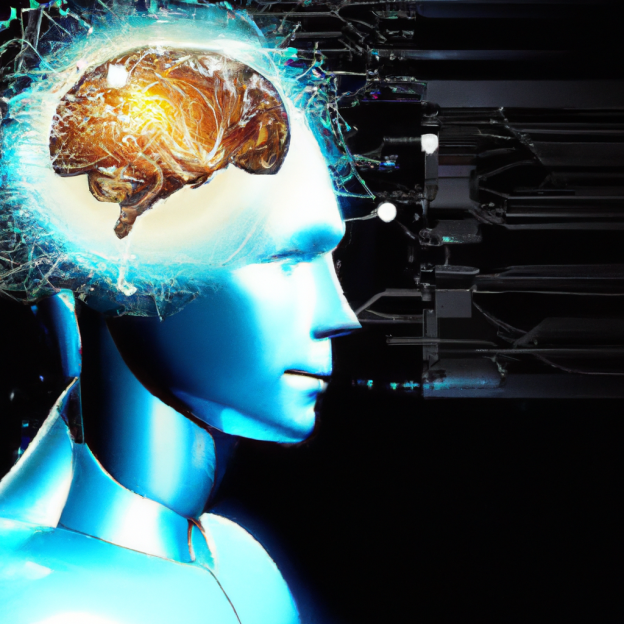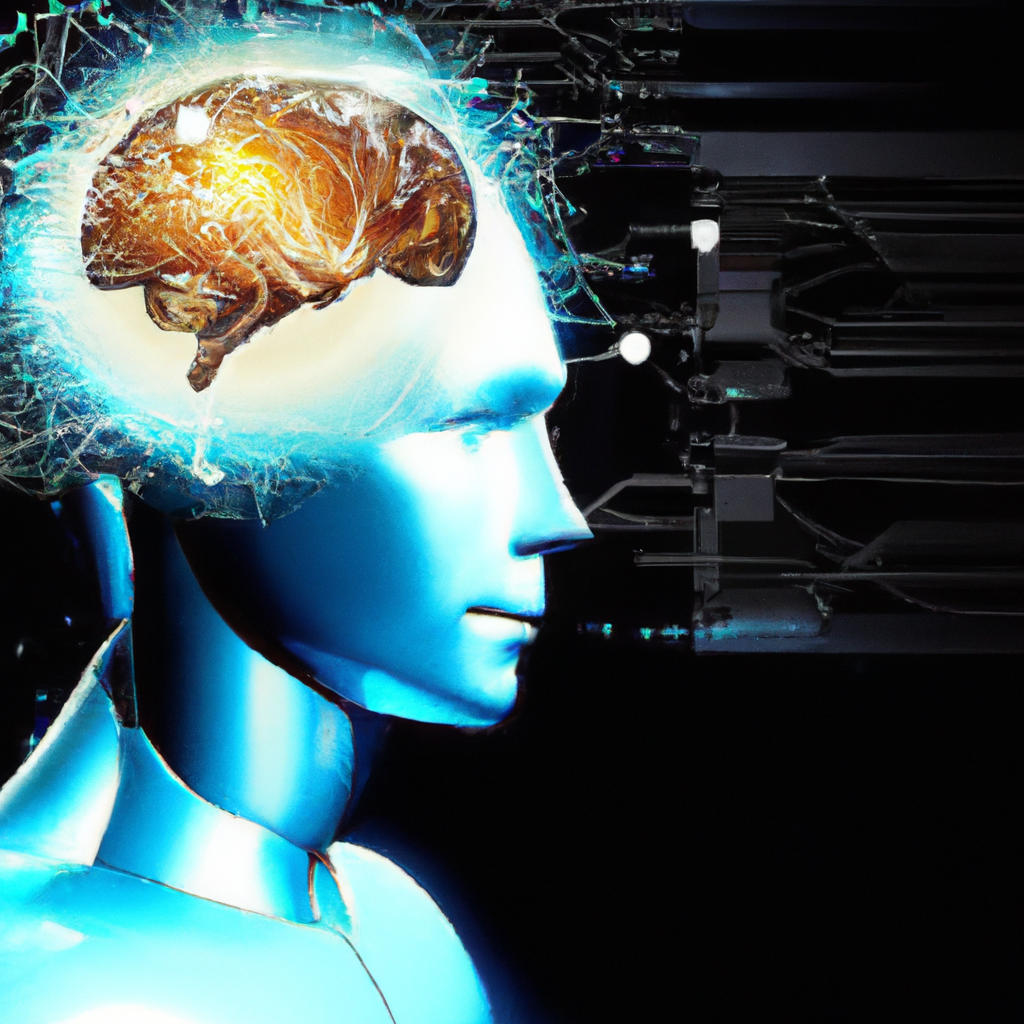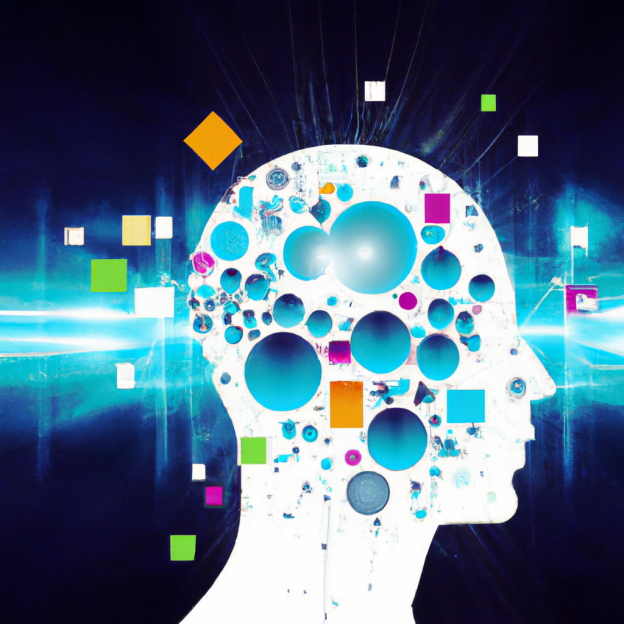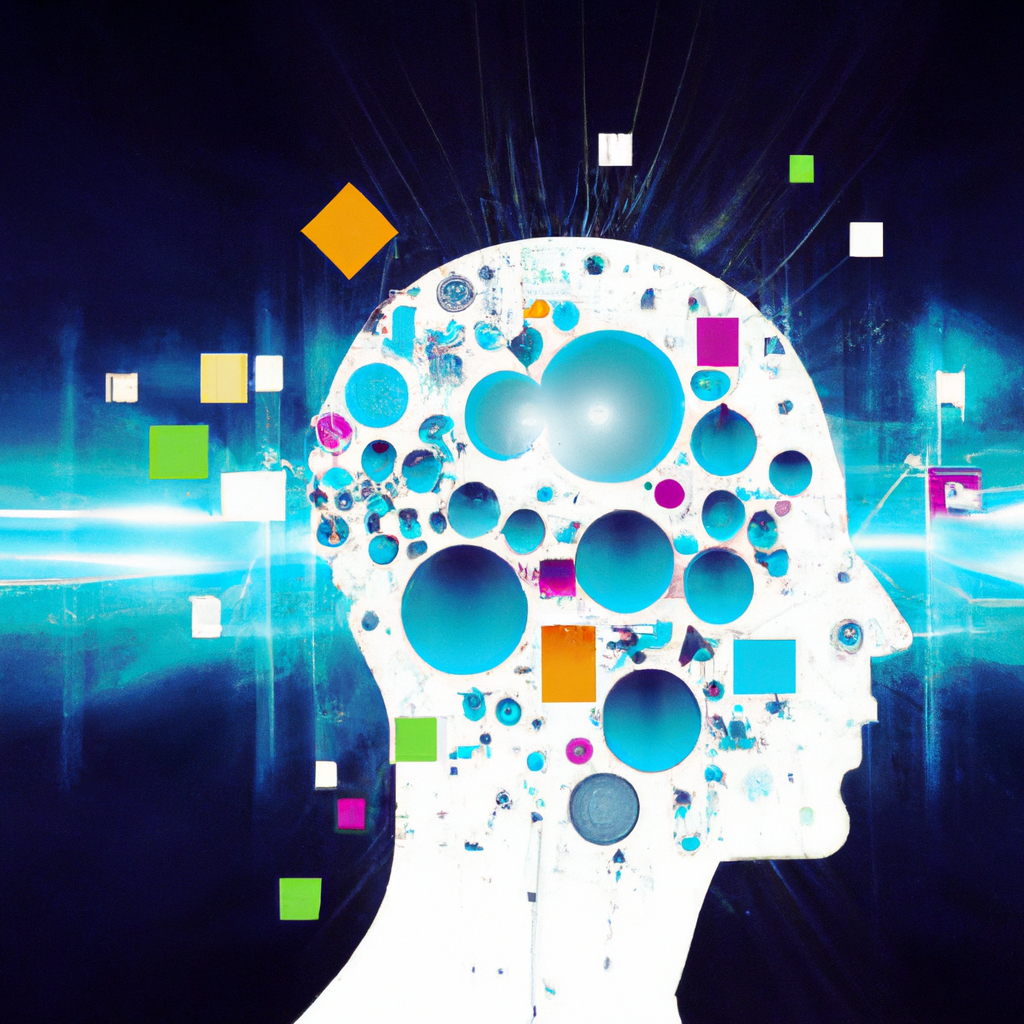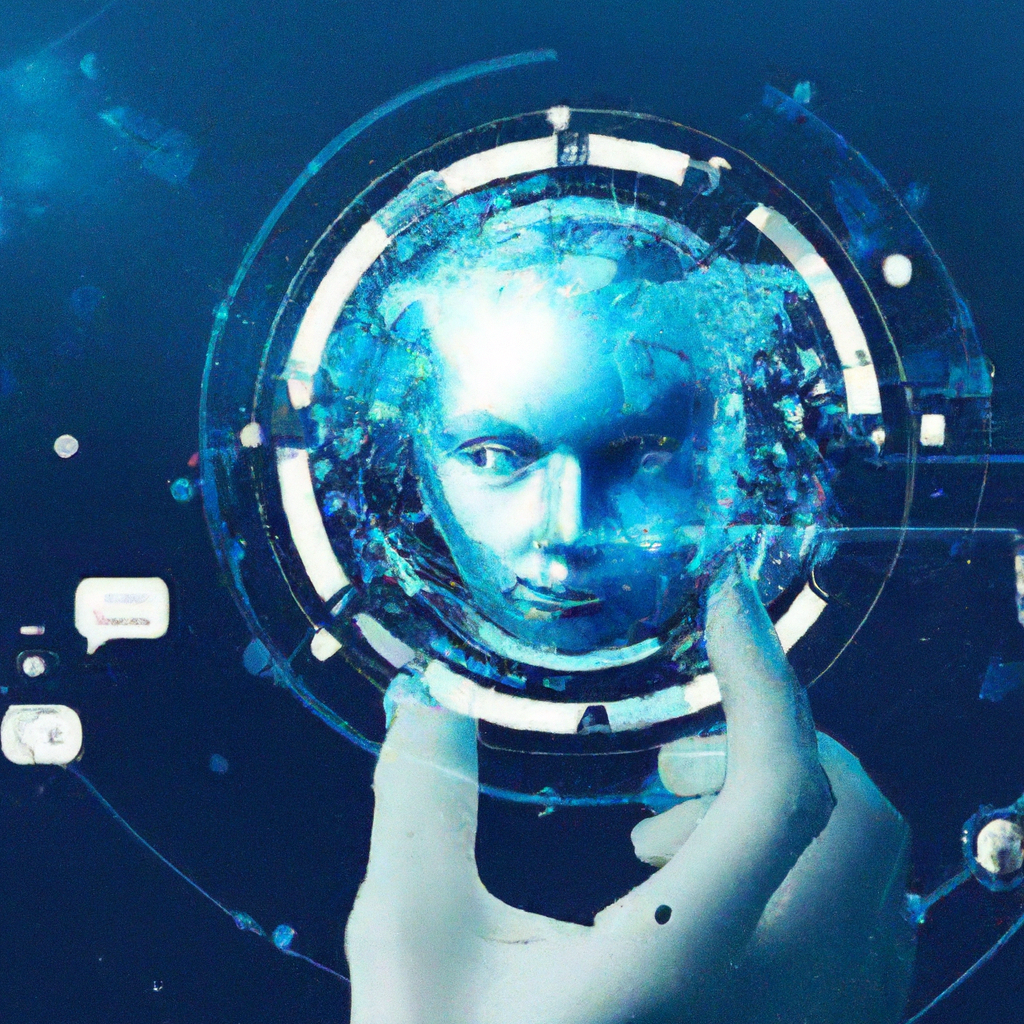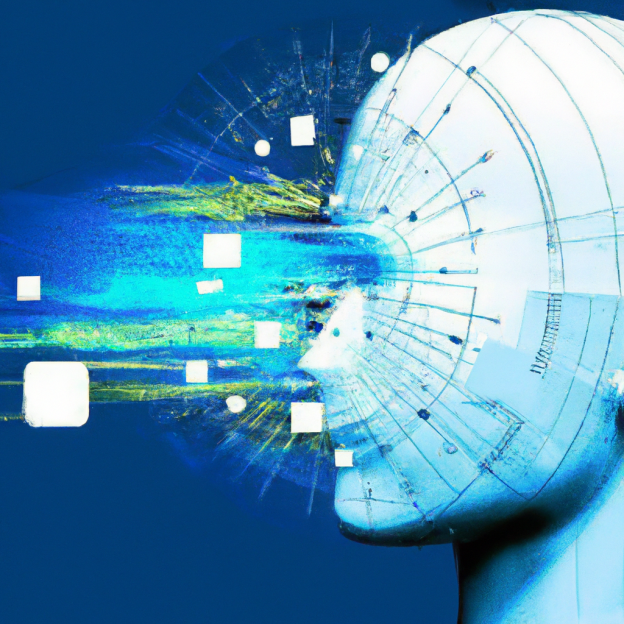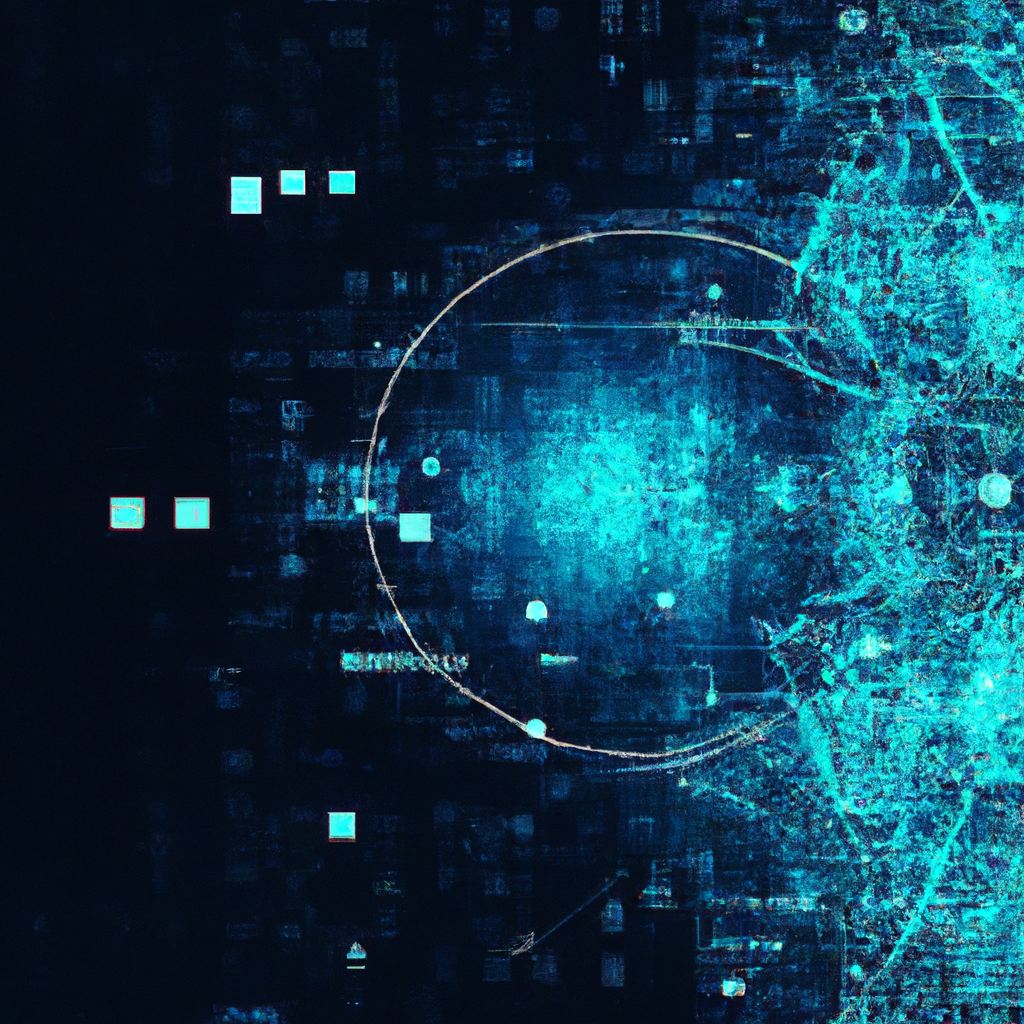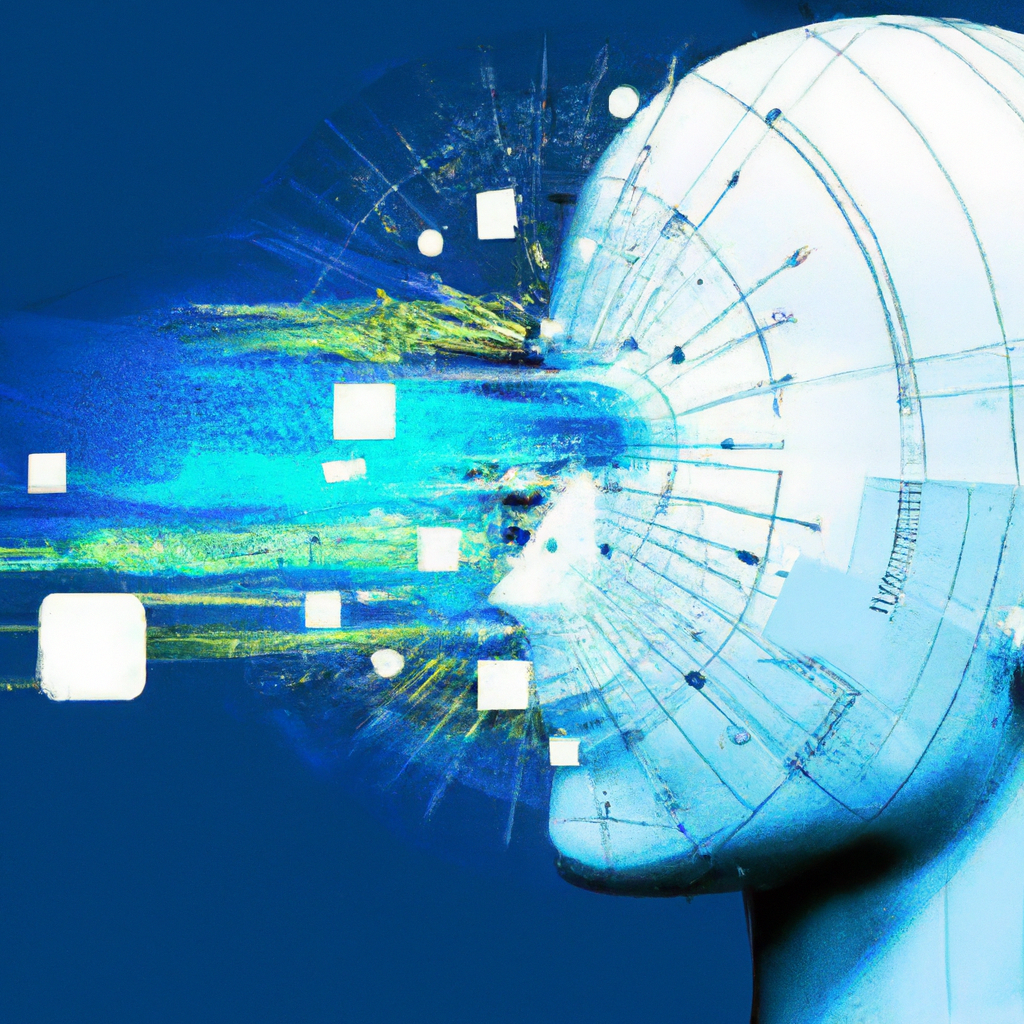So you’re curious about whether there’s any good Artificial Intelligence (AI) out there for marketing, huh? Well, let me tell you, the world of AI in marketing is booming, and businesses of all sizes are taking notice. AI has the power to transform how companies engage with their customers, predict trends, and enhance overall marketing strategies. Whether it’s personalized recommendations, chatbots, or data analysis, AI is revolutionizing the way businesses approach their marketing efforts. So buckle up, because we’re about to explore the world of AI and see just how good it can be for marketing.

This image is property of pixabay.com.
1. Understanding Artificial Intelligence for Marketing
1.1 What is Artificial Intelligence?
Artificial Intelligence (AI) refers to the ability of computer systems to perform tasks that would typically require human intelligence. It involves the development of intelligent machines capable of learning and problem-solving. In the context of marketing, AI involves using advanced algorithms and technologies to automate processes, analyze data, and make data-driven decisions to improve marketing strategies and outcomes.
1.2 Importance of AI in Marketing
AI has become increasingly important in the field of marketing due to its ability to process large volumes of data quickly and accurately. It enables marketers to gain valuable insights, optimize campaigns, and enhance customer experiences. With AI, marketers can go beyond traditional techniques and develop tailored strategies based on individual customer preferences and behaviors.
1.3 AI Applications in Marketing
AI has a wide range of applications in marketing. Some common use cases include:
- Customer segmentation: AI algorithms can analyze customer data and identify patterns to segment audiences accurately. This enables marketers to target specific segments with personalized messaging.
- Sentiment analysis: By analyzing social media sentiments and customer feedback, AI can provide valuable insights into customer opinions and preferences, helping marketers understand customer sentiment towards their brand.
- Recommendation engines: AI-powered recommendation engines analyze customer behavior and preferences to suggest relevant products or content, enhancing cross-selling and upselling opportunities.
- Chatbots: AI-driven chatbots can engage with customers in real-time, providing personalized responses to their queries, improving customer satisfaction and reducing costs.
2. Benefits of AI in Marketing
2.1 Improved Data Analysis and Insights
One of the foremost benefits of AI in marketing is its ability to analyze vast amounts of data quickly and accurately. AI algorithms can process data from multiple sources, including customer interactions, social media, and website behavior, to uncover valuable insights. With AI, marketers can identify trends, patterns, and correlations that were previously difficult to detect, enabling them to make data-driven decisions and optimize marketing strategies.
2.2 Personalization and Customer Segmentation
AI enables marketers to personalize interactions with their customers on a whole new level. By leveraging AI-powered algorithms, marketers can analyze customer data and create highly specific customer segments. This allows them to deliver personalized messages, offers, and recommendations tailored to individual preferences and behaviors. Personalization not only enhances the customer experience but also increases customer loyalty and improves conversion rates.
2.3 Enhanced Customer Engagement
AI technologies, such as chatbots and virtual assistants, have revolutionized customer engagement. These AI-powered tools can understand natural language, respond to customer queries in real-time, and provide personalized recommendations. By offering immediate assistance and tailored interactions, AI-powered customer engagement tools enhance the overall customer experience, driving customer satisfaction and loyalty.
2.4 Optimized Advertising Campaigns
AI can significantly improve the effectiveness of advertising campaigns. By analyzing customer data and historical campaign performance, AI algorithms can identify the most effective targeting parameters, ad formats, and channels. This optimization enables marketers to allocate their advertising budgets more efficiently, resulting in higher return on investment (ROI) and improved campaign performance.
3. Key AI Technologies in Marketing
3.1 Natural Language Processing (NLP)
Natural Language Processing (NLP) is a branch of AI that focuses on enabling machines to understand and interact with human language. In the context of marketing, NLP enables AI systems to analyze customer feedback, social media conversations, and other textual data to gain insights into customer sentiments, preferences, and opinions. NLP is integral to the development of chatbots and virtual assistants, enabling them to have meaningful and personalized conversations with customers.
3.2 Machine Learning
Machine Learning is a subset of AI that involves training algorithms to learn from data and improve their performance over time. In marketing, machine learning algorithms can analyze large datasets to uncover patterns and predict customer behavior. This enables marketers to make data-driven decisions, automate processes, and deliver personalized experiences. Machine learning is also essential for developing recommendation engines, fraud detection systems, and predictive analytics models.
3.3 Predictive Analytics
Predictive Analytics utilizes AI algorithms to make predictions about future outcomes based on historical data. In marketing, predictive analytics can be used to forecast customer behavior, identify high-value prospects, and optimize marketing campaigns. By analyzing past data, predictive analytics models can provide valuable insights on which marketing strategies are likely to yield the best results, enabling marketers to allocate their resources effectively.
3.4 Computer Vision
Computer Vision refers to the ability of machines to understand and interpret visual information. In marketing, computer vision technology can analyze images, videos, and other visual data to gain insights into customer preferences and behaviors. For example, it can analyze customer images shared on social media to understand how customers perceive a particular brand or product. Computer vision technology can also automate processes such as image recognition and content moderation, saving marketers valuable time and effort.
3.5 Chatbots
Chatbots are AI-powered virtual assistants that can engage in real-time conversations with customers. They utilize NLP and machine learning algorithms to understand customer queries, provide helpful responses, and offer personalized recommendations. Chatbots can be deployed on websites, messaging apps, and social media platforms, enhancing customer service and automating repetitive tasks. By leveraging chatbots, marketers can improve customer engagement, increase efficiency, and provide 24/7 support.
4. AI-Powered Marketing Tools and Platforms
4.1 AI-Powered Analytics Tools
AI-powered analytics tools are designed to analyze large volumes of data, uncover actionable insights, and provide real-time reporting. These tools utilize AI algorithms to process and interpret data quickly, enabling marketers to make data-driven decisions. AI-powered analytics tools are often integrated with other marketing platforms and can provide valuable insights on customer behavior, campaign performance, and overall marketing effectiveness.
4.2 AI-Powered Chatbots and Virtual Assistants
AI-powered chatbots and virtual assistants are becoming increasingly popular in marketing. These tools can engage with customers in real-time, answer queries, provide personalized recommendations, and even complete transactions. With advancements in AI technology, chatbots can simulate natural conversations and understand complex customer requests. Implementing AI-powered chatbots and virtual assistants can improve customer service, increase customer satisfaction, and reduce operational costs.
4.3 AI-Powered Content Creation and Curation Tools
AI-powered content creation and curation tools enable marketers to streamline their content creation processes. These tools can generate content ideas, create blog posts, social media captions, and even emails automatically. AI algorithms analyze data and utilize natural language generation techniques to produce high-quality content that resonates with the target audience. AI-powered content creation and curation tools can help marketers save time, maintain consistency, and scale their content marketing efforts.
4.4 AI-Powered Advertising Platforms
AI-powered advertising platforms leverage machine learning algorithms and predictive analytics to optimize advertising campaigns. These platforms analyze vast amounts of data and deliver personalized ad experiences to target audiences. AI-powered advertising platforms can automatically adjust bidding, targeting, and creative elements to maximize campaign performance and ROI. By utilizing these platforms, marketers can streamline their advertising efforts, improve targeting accuracy, and enhance overall campaign effectiveness.

This image is property of pixabay.com.
5. Case Studies: Successful AI Implementations in Marketing
5.1 Netflix Recommendation Engine
Netflix, the popular streaming service, leverages AI to power its recommendation engine. The recommendation engine analyzes user data, including viewing history, ratings, and preferences, to suggest personalized movie and TV show recommendations. By utilizing AI algorithms, Netflix enhances user engagement, increases customer satisfaction, and improves user retention.
5.2 Amazon Personalized Shopping Experience
Amazon utilizes AI algorithms to provide a personalized shopping experience to its customers. The platform analyzes customer browsing and purchase history to recommend products that align with their preferences and needs. This personalized approach not only improves customer satisfaction but also drives revenue growth for the company.
5.3 Spotify Music Recommendations
Spotify, the popular music streaming platform, uses AI to provide users with personalized music recommendations. By analyzing listening history, user preferences, and listening patterns, Spotify’s AI algorithms suggest songs, playlists, and podcasts tailored to each user’s unique taste. Personalized music recommendations have significantly contributed to Spotify’s success and helped them stay ahead of competitors.
6. Challenges and Limitations of AI in Marketing
6.1 Data Privacy and Ethics
One of the major challenges of AI in marketing is ensuring data privacy and ethical practices. With AI relying on vast amounts of customer data, there is an increased risk of data breaches and misuse of personal information. Marketers must prioritize data security and establish transparent data collection and usage practices to build trust with customers.
6.2 Lack of Human Touch and Empathy
While AI-powered tools enable automated and personalized interactions, they often lack the human touch and empathy that customers may seek. Human interaction and emotional connections are vital in the marketing process, and over-reliance on AI-driven interactions may hinder the establishment of genuine connections with customers. Marketers should strike a balance between utilizing AI and maintaining a human touch in their customer interactions.
6.3 Overreliance on AI and Potential Job Displacement
The widespread adoption of AI in marketing raises concerns about job displacement and the impact on the job market. AI-powered automation can replace certain roles and tasks traditionally performed by marketers, leading to job losses in some areas. However, it is important to note that AI also creates new opportunities and roles, requiring marketers to adapt their skill sets to leverage the benefits of AI in marketing effectively.

This image is property of pixabay.com.
7. Future Trends and Opportunities in AI Marketing
7.1 Hyper-Personalization and Real-Time Customer Interactions
The future of AI in marketing lies in hyper-personalization and real-time customer interactions. AI algorithms will continue to evolve, enabling marketers to deliver highly tailored experiences at scale. Real-time interactions through AI-powered chatbots and virtual assistants will become more natural and personalized, enhancing customer engagement and satisfaction.
7.2 Voice-activated AI Assistants
Voice-activated AI assistants, such as Amazon’s Alexa and Apple’s Siri, are gaining popularity. These assistants utilize voice recognition, NLP, and machine learning technologies to provide personalized assistance and execute tasks based on voice commands. Marketers will have new opportunities to engage customers through voice-activated AI assistants, opening up new channels for advertising and customer interactions.
7.3 AI-Powered Influencer Marketing
AI is expected to play a significant role in influencer marketing. AI algorithms can analyze vast amounts of data to identify the most relevant influencers for specific campaigns. AI-powered tools can also help measure the impact and effectiveness of influencer marketing campaigns, enabling marketers to optimize their influencer strategies and investments.
In conclusion, Artificial Intelligence (AI) has revolutionized the field of marketing by providing advanced data analysis capabilities, personalized customer experiences, and automated processes. The benefits of AI in marketing are vast, ranging from improved data insights to enhanced customer engagement and optimized advertising campaigns. Key AI technologies such as NLP, machine learning, and predictive analytics have been successfully integrated into marketing strategies, enabling marketers to harness the power of data-driven decision-making. However, the implementation of AI also comes with challenges, such as ensuring data privacy and maintaining the human touch in customer interactions. Despite these challenges, the future of AI marketing looks promising, with trends such as hyper-personalization, voice-activated AI assistants, and AI-powered influencer marketing opening up new opportunities for marketers. As AI continues to evolve, marketers must adapt their strategies and skill sets to effectively leverage its benefits and stay ahead in an increasingly competitive landscape.
